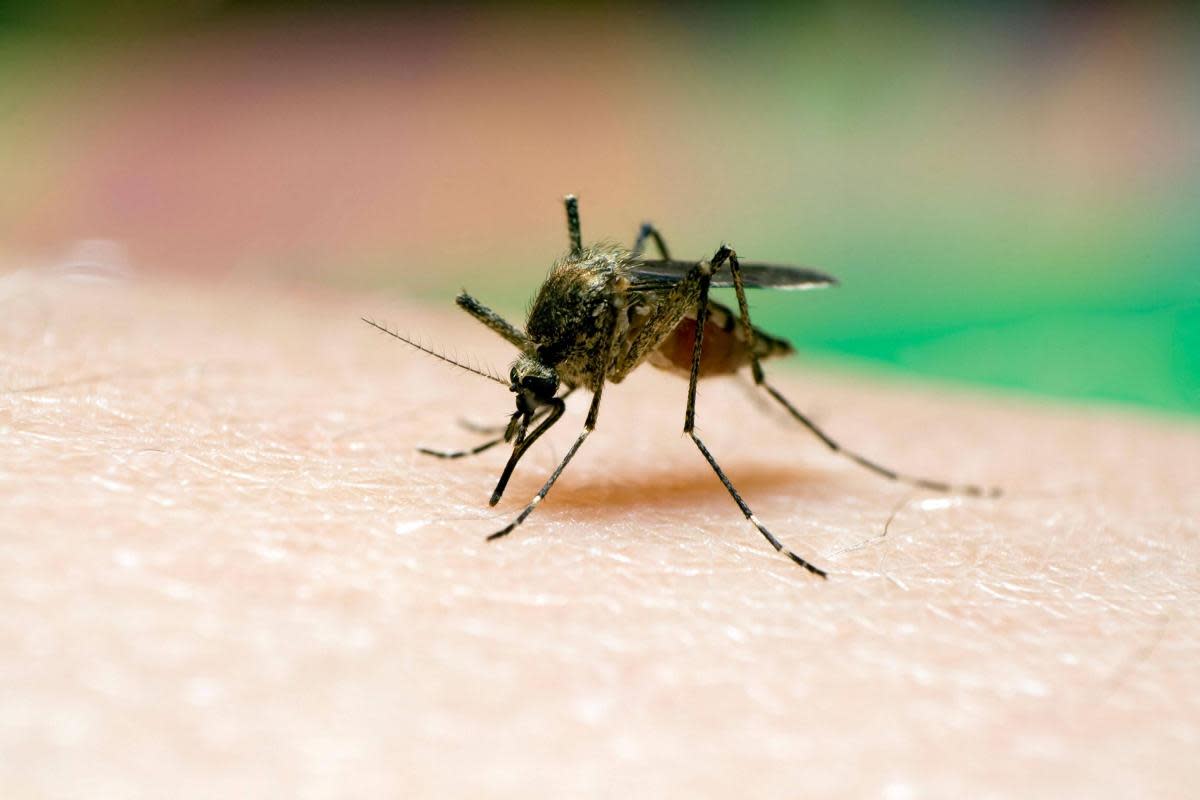How to protect your home from mosquitoes this summer

Homeowners in the South East are being advised to take measures to fend off a potential influx of mosquitoes this summer, following a mild and wet winter.
Experts from the British Pest Control Association (BPCA) say that some mosquito species, which have thrived in the favourable conditions, can bite.
Natalie Bungay, technical manager at BPCA, said: "Adult female mosquitoes hibernate in dark corners of houses, sheds, cellars and other sheltered sites.
"In spring they start to emerge and will require a blood meal using their tubular piercing mouth parts to feed on human or animal blood, before they can lay eggs.
“Eggs are laid in stagnant water, so it’s a good idea to get into the habit of making sure guttering, water butts and bird baths are regularly cleared of any standing water, to prevent them becoming a breeding ground for mosquitoes.”
There are 30 native species of mosquito in Britain and BPCA has produced an online guide featuring the most common of these insects.
Culex pipiens are often seen indoors and do not bite, but look very similar to Culex molestus, which do.
Also found indoors are Anopheles maculipennis, "a brownish species with small spots on its wings that bites readily, especially at dusk", according to Ms Bungay.
BPCA members are trained and have access to a range of specialist products not available to the public and can be contacted for advice.

 Yahoo News
Yahoo News 
